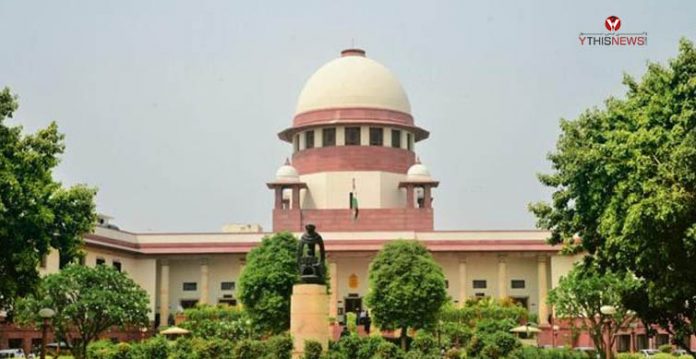In the latest updates, the Supreme Court has sought response from the Central government and the Attorney general on a plea challenging the constitutionality of the offense of sedition under section 124a of the Indian Penal Code.
Manipur, Chhattisgarh Journalists File Writ Petition
A bench of Justices U.U Lalit and Ajay Rastogi were hearing a write petition that was filed by two journalists from Manipur and Chattisgarh. Following this, they had issued a notice to the Attorney General on April 30, 2021.
During the hearing, AG KK Venugopal and Solicitor General Tushra Mehta who are representing the Centre requested the Supreme Court to grant them with two weeks on time to file their response. The SC has adjourned the matter and scheduled the next hearing for July 27.
ALSO READ: Supreme Court Allows Delhi Assembly To Seek Information from Facebook Over Delhi Riots
The writ petition that was filed via advocate Tanima Kishore and further drawn by Advocate Siddharth on behalf of the journalists Kishorechandra Wangkhemcha and Kanhaiya Lal Shukla, argues the impugned section clearly infringes the fundamental right under article 19(1)(a) of the constitution of india which guarantees that “all citizens shall have the right to freedom of speech and expression”.
Plea Requests Section 124-a To Be Declared Unconstitutional
The plea said that the restrictions imposed by the sections are unreasonable and violate the terms of Article 19(2). Following this, the plea urged the top court to declare Section 124-a to be “unconstitutional” and be removed from the Indian Penal Code.
The petitioners said that the Section 124-a affects the democratic freedom of the citizens especially for the ones who don’t get to enjoy their democratic rights and freedom on the fear of being imprisoned.
ALSO READ: Supreme Court Upholds Social Media’s Right To Not Respond in Matters Of Law and…
Further refering to the top court decision over the legitimacy of the law in 1962 because of Kedar Nath Singh v. domain of bihar, the supplication contended that the court may have been right in its discovering almost sixty years prior, yet the law, which is out of date in contemporary situation, no longer passes sacred assemble today.







